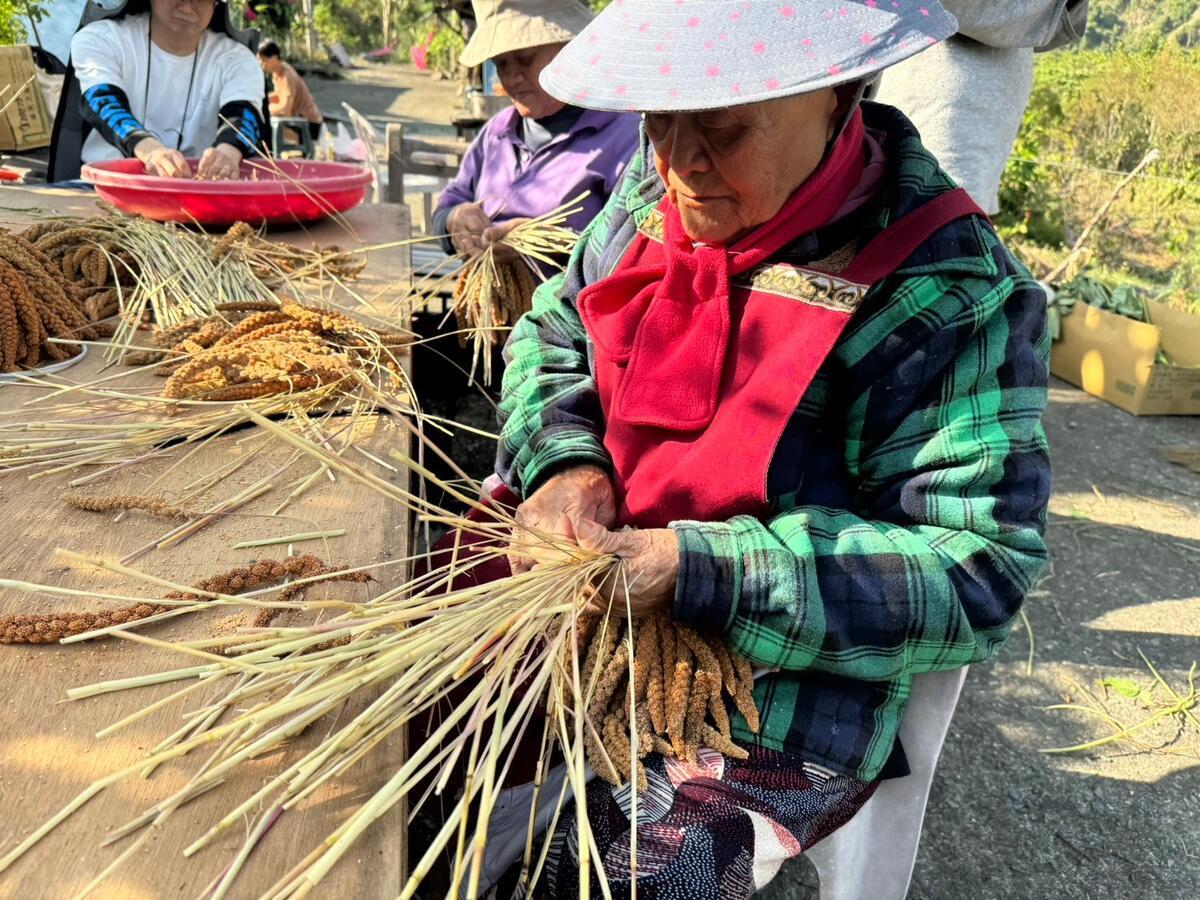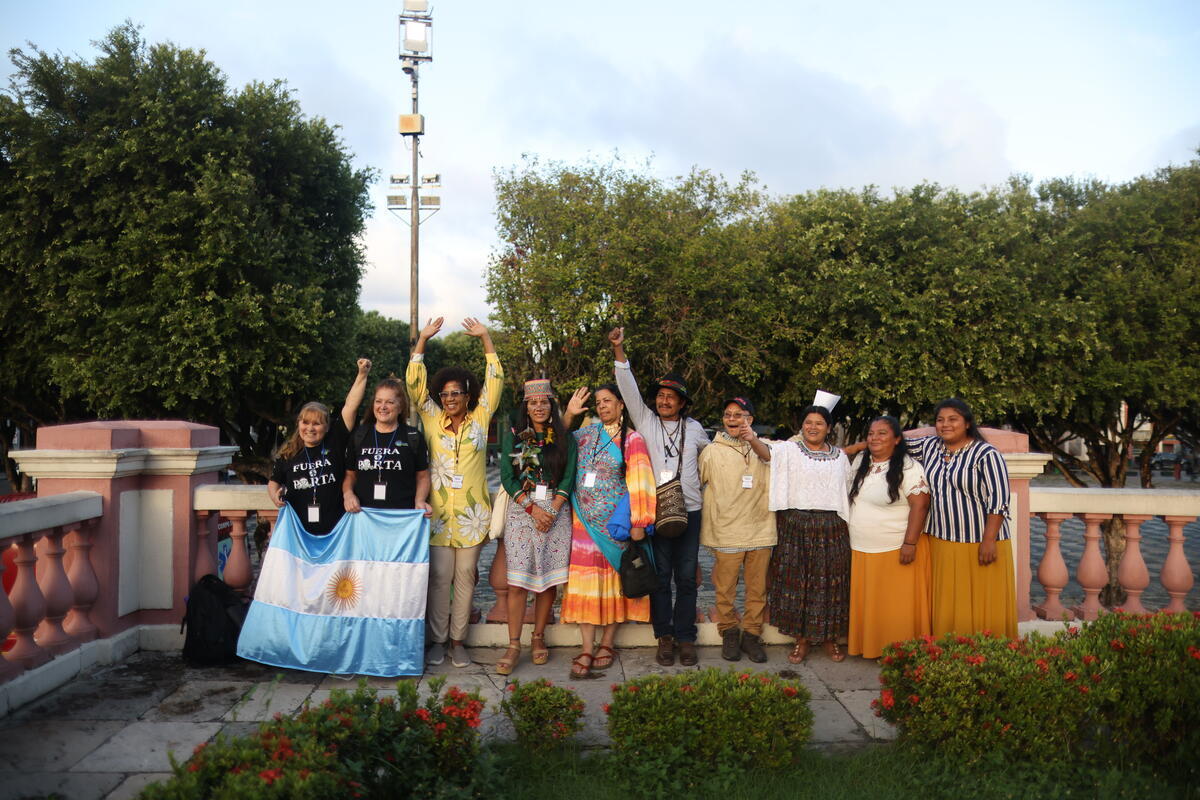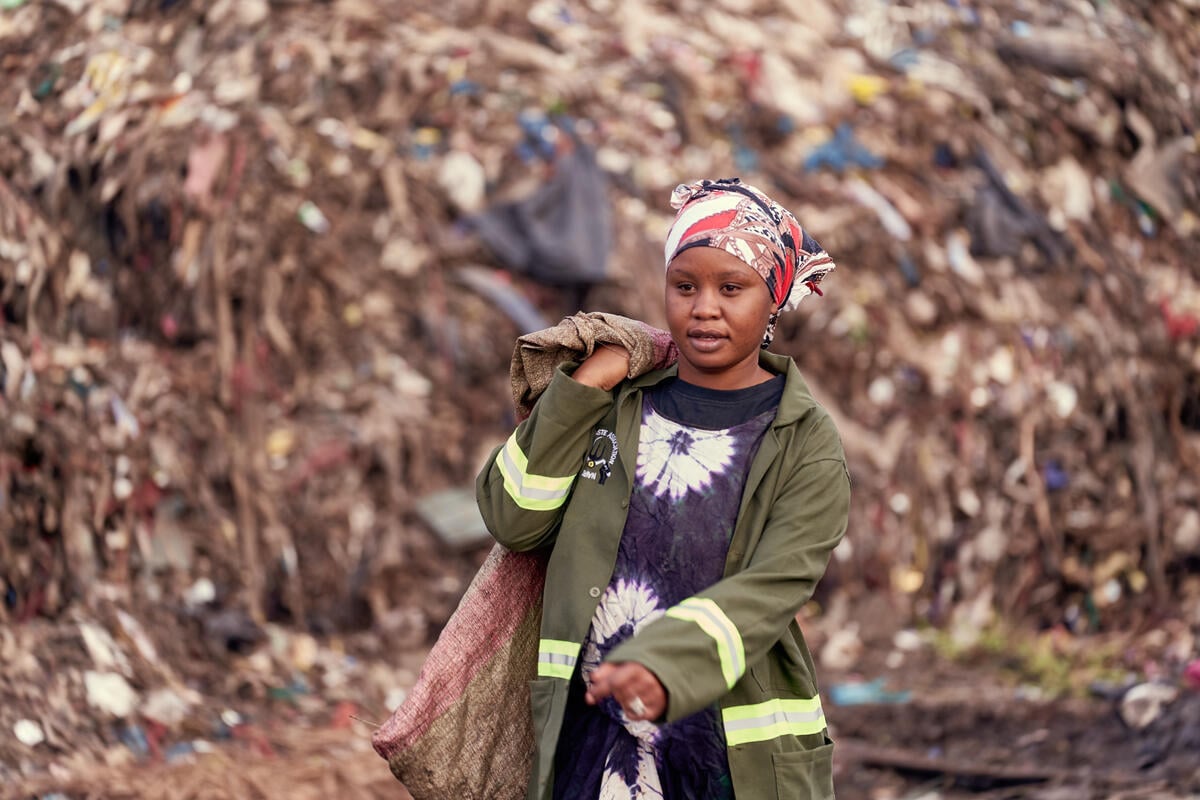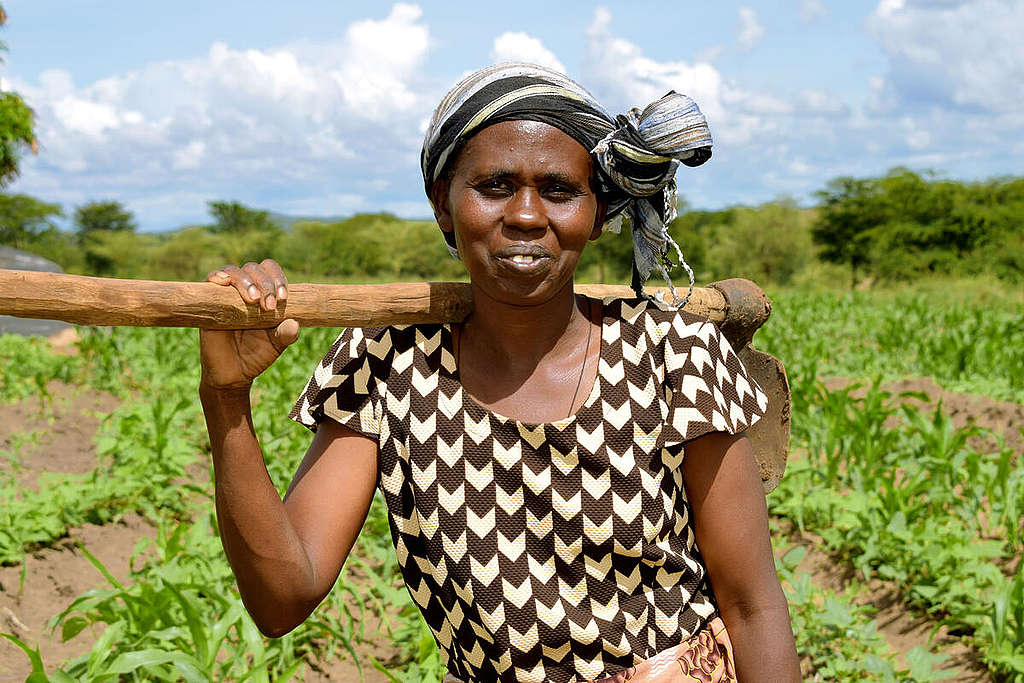
As the Russian war on Ukraine continues disrupting lives, families and peace, the impact of this aggression, the ongoing COVID-19 pandemic and global economic chaos is spreading its tentacles to every corner of the world.
Crises combined are creating havoc and upending social order. Many societies are met with ongoing inflation through high costs of food, transport and energy. Individuals and families are cash strapped and have to make difficult choices – often there is no choice but to go to bed hungry. This is hurting, especially the most vulnerable populations who are also facing the impact of climate emergency. Images abound of malnourished and severely wasted children, destruction of ecosystems and a plunder of our natural world.
The UN’s FAO reports that the food price index in July had a steep drop, though it still remains 13% higher than the corresponding month last year. Research by ActionAid in Africa, Asia, Latin America and the Middle East shows that local prices have more than tripled in some of the most at risk communities.
While the food prices remain high, it’s encouraging to see ships carrying grains and edible oil leave Ukrainian ports following an international brokered deal. This will hopefully provide some short term respite to the supply chain and ease the ongoing global shortages of some commodities. But this is not a long term solution and global hunger is set to last for some years. What we are seeing is a broken food system with growing inequalities.
Hunger profiteers
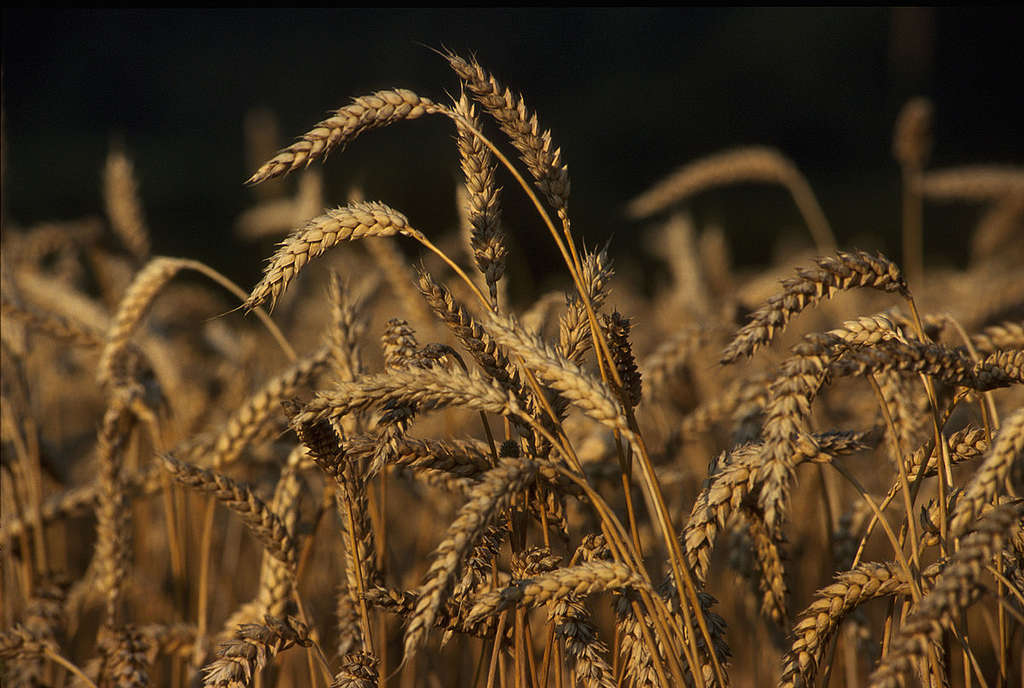
Our food system is controlled not by small- and medium-scale farmers but by a few big food and beverage companies and their supply chains. These companies, proclaiming themselves as the angels of food and energy security, have sown the seeds of poverty, hunger, disease, climate breakdown, destruction of biodiversity – and the suffering of Indigenous Peoples and local communities. In many cases, they have destroyed large tracts of intact forest and other natural habitats to grow ‘food’, crops that are used mainly to feed animals and as biofuels for cars. Grain merchants are making huge profits from soaring commodity prices, like the fossil fuel companies that are also raking in record profits as the cost of living skyrockets. These are the hunger profiteers who make profits through commodity speculation.
Turkeys don’t vote for Christmas – just like their Big oil cousins, these Big agriculture corporations have strong lobby groups who oppose any forms of regulations and are not really interested in fixing the broken system. They do exactly the opposite through their powerful lobbies and corporate capture of the State and other multilateral institutions.
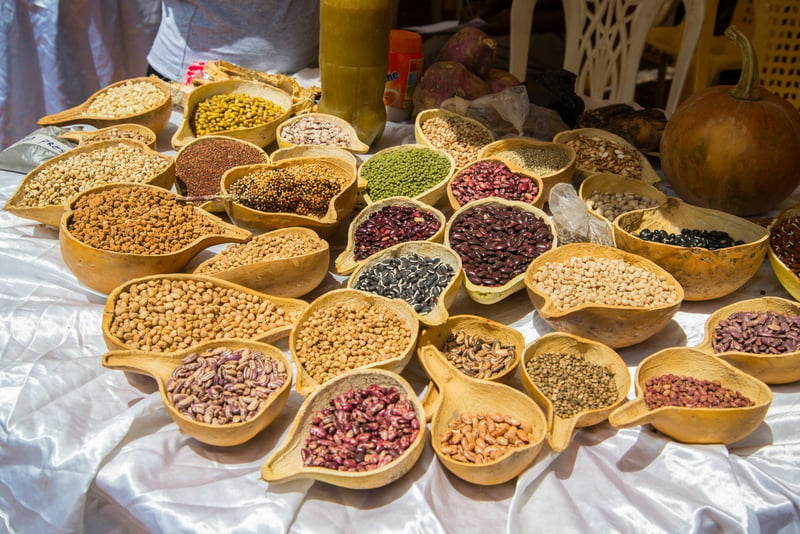
Take the case of Kenya, where seed sharing has been a practice for centuries. The same holds true right across the world. This practice is now under threat from policies and laws that seem designed to increase corporate control over the seed sector. The global seed market is controlled by 10 multinational companies. The top four – Bayer, Corteva, ChemChina and Limagrain – control more than 50% of the world’s seeds, wielding a staggering monopoly over food supply.
All is not lost
A few days ago, the UN Secretary General called for windfall taxes to be imposed on oil and gas companies and use the money to support vulnerable people. The same call should be applied to food companies and commodity traders. These companies need to be taxed on their bumper profits, not just a one off ‘windfall tax’ but a reform in the tax system, which is fair, just and encourages a just transition to real zero emissions. The UN should also ensure these companies are not permitted to use their power and resources to lobby for weaker multilateral agreements which help them continue with the status quo. The UN with its Member states have to rise to the challenge, address the systemic issues around the broken food system and not get played by corporate interests.
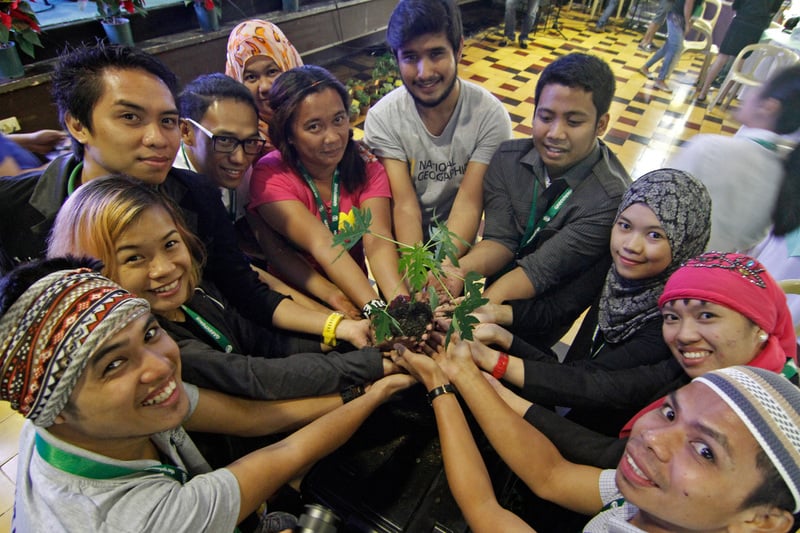
Young leaders from across the Philippines hold seedlings symbolising their call for electoral candidates to prioritise safe, healthy and sustainable food and agriculture. © Vincent Go / Greenpeace
National governments, parliaments, state regulators and the international community need to own a fair share of responsibility for the current crisis. The state needs to ensure laws, policies and financial incentives are in place to support agroecology, food sovereignty, indigenous knowledge and revival of forgotten crops. Crops like the traditional local varieties that farmers in Zimbabwe are reviving, to safeguard their future amidst worsening climate impacts. These small initiatives need to be brought to scale through incentives and technical support by local and national governments. This transition can be achieved through public (and private) investments – but only with strong regulatory standards and oversight mechanisms to ensure human rights, and to protect and regenerate nature.
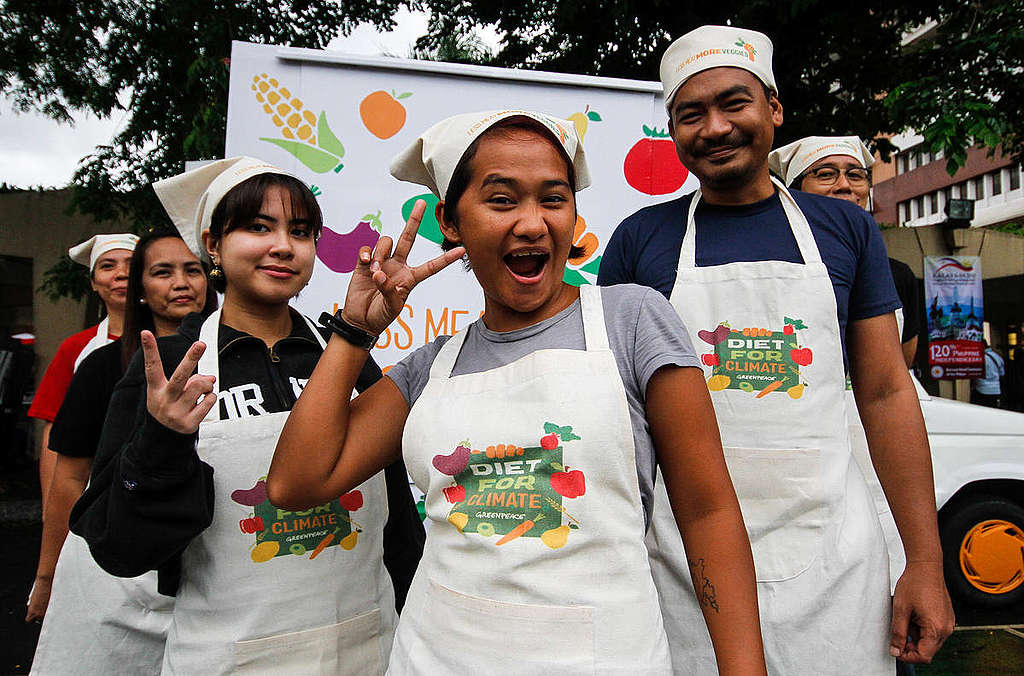
Each one of us has our own share of responsibility to be politically vigilant and demand greater transparency and accountability in the food supply chain. For our own health and that of the environment we are part of, people need access to healthy and sustainable food, to prevent shortages and overconsumption and stop wasting food. We also need to support local and ethical farmers, especially through large scale procurements such as those by educational institutions, companies and public sector canteens. Now is the time to act… The longest of journeys have started with a first step. What step will you take?
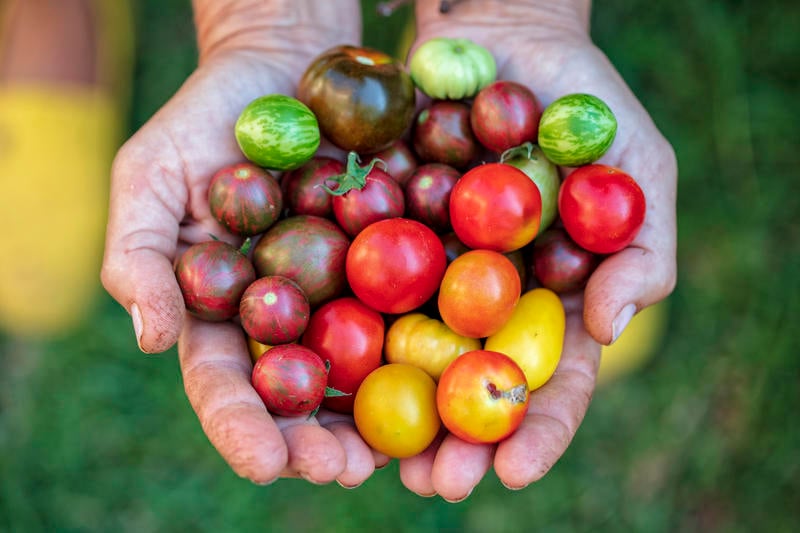
Savio Carvalho is a global campaign lead at Greenpeace International, working to protect and promote people’s rights to a healthy and sustainable environment. @savioconnects

